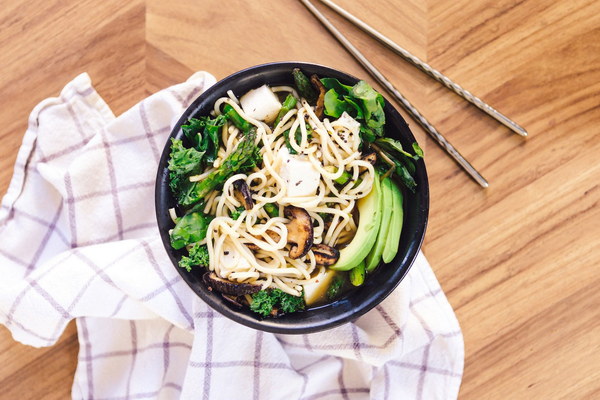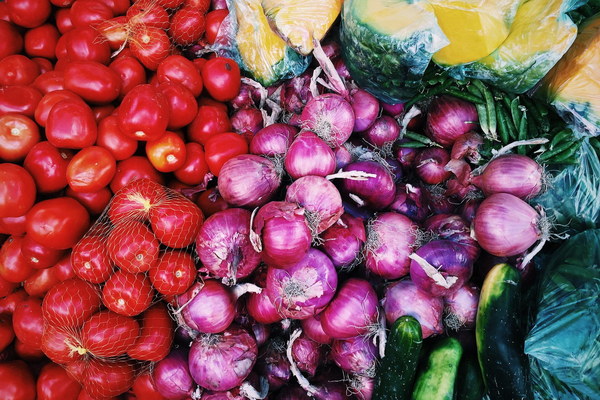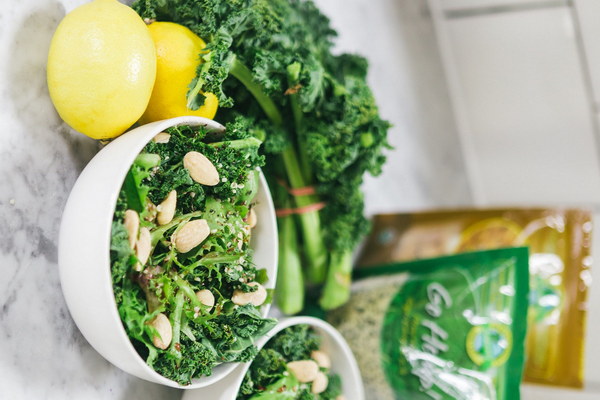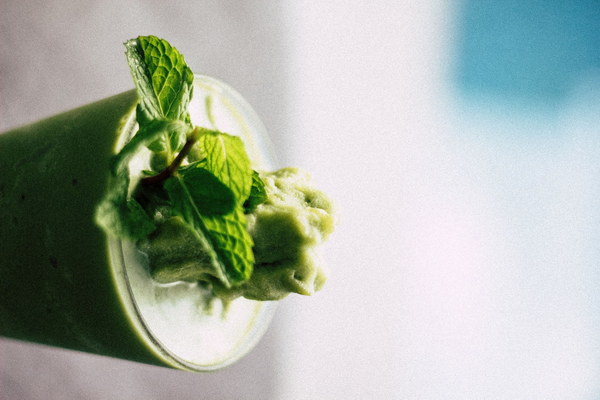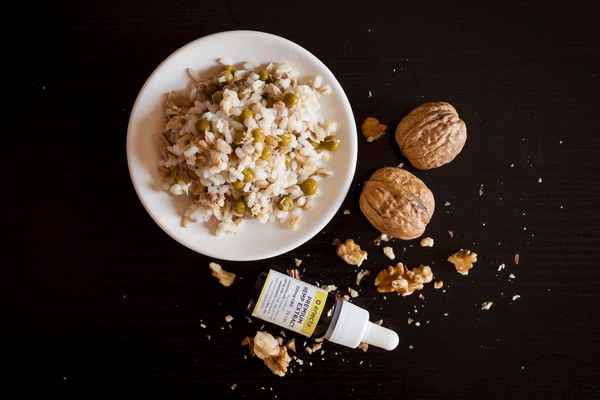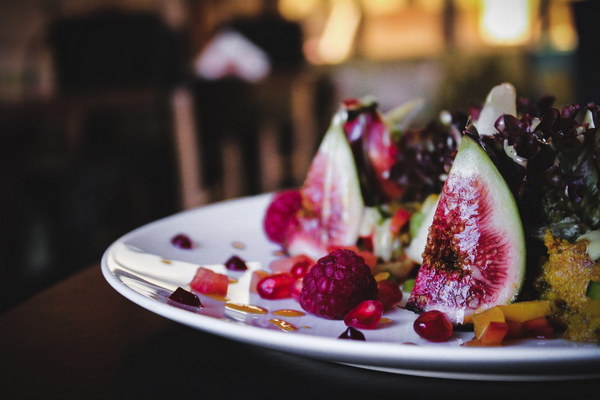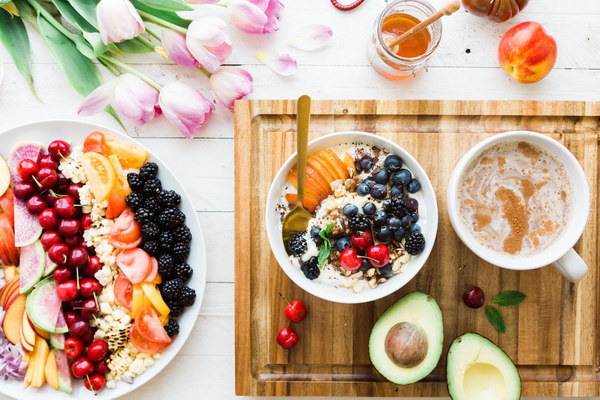Healing the Hurtful Words The Power of Food as Complementary Medicine
In the fast-paced world we live in, it's easy to be caught up in the hustle and bustle, often neglecting our emotional well-being. The saying words can hurt more than swords is more than just a proverb; it's a harsh reality. When we are emotionally wounded, our bodies can react in various ways, sometimes leading to physical discomfort or even illness. This is where the concept of food as complementary medicine comes into play, offering a natural way to heal the hurtful words we've encountered.
The term food as complementary medicine refers to the practice of using certain foods to alleviate symptoms of stress, anxiety, and other emotional disturbances. It's a holistic approach that acknowledges the interconnectedness of the mind, body, and spirit. By incorporating specific nutrients into our diet, we can support our emotional health and help our bodies heal from the inside out.
One of the most common emotional wounds is the feeling of being misunderstood or unappreciated. Words that cut deep can leave us feeling depleted and vulnerable. To combat these negative emotions, we can turn to foods that are rich in vitamins, minerals, and antioxidants. These nutrients help to reduce inflammation, boost our immune system, and improve our overall sense of well-being.
Here are some key foods that can help heal the hurtful words we've encountered:
1. Berries: Berries, such as strawberries, blueberries, and raspberries, are packed with antioxidants that can help combat the negative effects of stress. They also contain vitamin C, which is essential for maintaining a healthy immune system.
2. Dark Chocolate: Dark chocolate is not only delicious but also has mood-enhancing properties. It contains compounds that can increase endorphin levels in the brain, leading to feelings of happiness and relaxation.

3. Avocado: Avocado is a rich source of healthy fats, vitamins, and minerals that can help to reduce inflammation and support heart health. It also contains folic acid, which is essential for maintaining a healthy nervous system.
4. Turmeric: Turmeric is a spice known for its anti-inflammatory properties. It contains a compound called curcumin, which has been shown to improve mood and reduce symptoms of anxiety and depression.
5. Green Tea: Green tea is a great way to relax and unwind after a stressful day. It contains antioxidants and caffeine, which can help to improve cognitive function and reduce inflammation.
6. Omega-3 Fatty Acids: Foods rich in omega-3 fatty acids, such as fatty fish, flaxseeds, and chia seeds, can help to improve mood and reduce symptoms of depression. Omega-3s are also essential for brain health and can help to protect against cognitive decline.
7. Probiotics: Probiotics, found in foods like yogurt, kefir, and sauerkraut, can help to improve gut health. A healthy gut is linked to better mental health, as the gut and brain are closely connected.
In addition to incorporating these foods into your diet, it's also important to practice self-care and engage in activities that promote emotional well-being. This may include exercise, meditation, or spending time with loved ones.
By combining a balanced diet with self-care practices, we can help our bodies heal from the hurtful words we've encountered. Food, as a complementary medicine, can be a powerful tool in our quest for emotional and physical well-being. So, the next time you feel emotionally wounded, reach for a healthy snack or prepare a nutritious meal, and let the healing begin.
